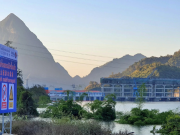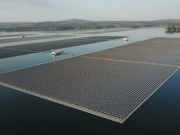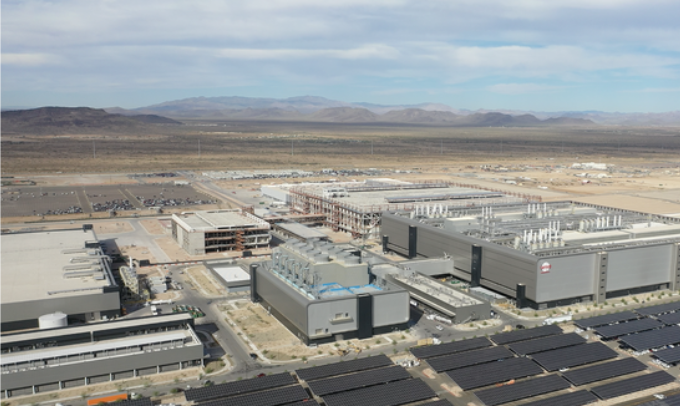Vietnam , June 02, 2025
Vietnam is charging forward in its mission to become a tech manufacturing powerhouse, with a major new $2 billion semiconductor fabrication plant deal signed with a leading multinational firm—widely reported to be either a U.S. or South Korean giant like Intel or Samsung. This marks one of the largest tech investments in the country’s history and is expected to significantly boost Hanoi’s strategy to position Vietnam as Southeast Asia’s chip-making hub.
The new facility is slated for construction in the northern province of Bac Ninh, already home to several key tech manufacturers. Government officials project that the deal will create over 5,000 direct jobs and spur tens of thousands more in supporting sectors. To meet the anticipated demand for skilled labor, the Ministry of Education and Training has announced plans to introduce semiconductor-focused programs at major technical universities, including Hanoi University of Science and Technology.
This bold move comes amid growing global concerns over chip supply chain security, as geopolitical tensions between the U.S. and China continue to escalate. With Washington pushing for “friendshoring” and reducing dependency on Chinese technology, Vietnam has become a prime candidate for semiconductor diversification thanks to its political stability, growing talent base, and proximity to major supply chains.
Economists say the plant is more than just a business deal—it’s a calculated geopolitical alignment. “Vietnam is playing a smart long game,” said Dr. Nguyen Le of the Vietnam Institute for Policy Studies. “They’re not only drawing investment but also aligning with the U.S.-led global tech ecosystem.”
However, challenges remain. Vietnam’s tech ecosystem still faces infrastructure limitations, including inconsistent power supply in rural zones and limited local suppliers for high-end components. Critics also warn that without stricter environmental regulations, rapid industrialization could carry hidden costs.
Nonetheless, the government remains optimistic. Deputy Prime Minister Tran Luu Quang emphasized during the signing ceremony, “This deal reflects global trust in Vietnam’s vision. We are ready to be a key player in the future of technology.”















